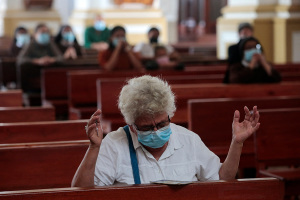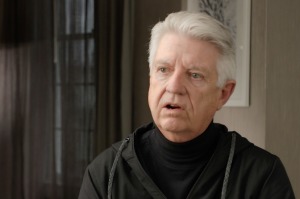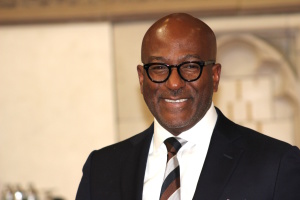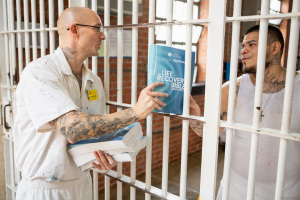Jewish university must recognize LGBT student club, appellate court rules
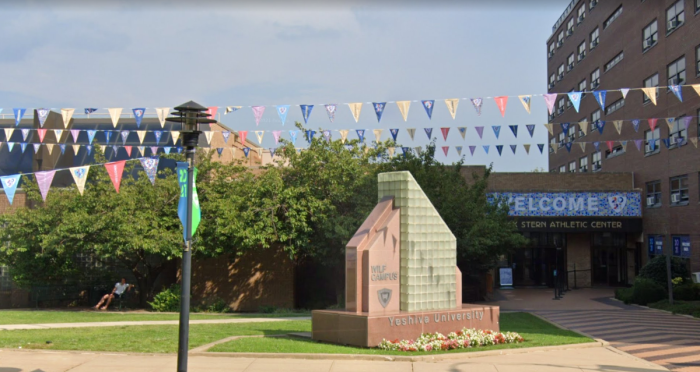
A New York appellate court has ordered an Orthodox Jewish university to officially recognize an LGBT student organization, despite its religious objections to homosexuality.
The First Department Appellate Division of the New York Supreme Court in Manhattan issued the order last week, demanding that Yeshiva University formally recognize the YU Pride Alliance chapter. The ruling upheld a lower court ruling.
The court concluded that the university is not legally considered a religious body and thus cannot be exempted from being required by law to recognize the LGBT student club.
The order also argued that "providing the Pride Alliance with full and equal access to public accommodations does not intrude on Yeshiva's asserted right" to dictate matters regarding "faith and doctrine."
"Yeshiva already recognizes LGBTQ+ student organizations at three of its graduate schools, which are legally part of Yeshiva's corporation, has done so for over 25 years, and made clear as early as 1995 that this recognition did not mean Yeshiva endorsed or accepted the views of those student groups," read the order.
"As such, and in light of Yeshiva's corporate purpose as an institution of higher education, we find that denial of recognition for the Pride Alliance is not 'essential' to Yeshiva's 'central mission.'"
Becket, a legal organization specializing in religious liberty cases representing the university, provided The Christian Post with a statement from Yeshiva University spokesperson Hanan Eisenman.
"Yeshiva is disappointed in the court's ruling and will continue on appeal to defend against the claim that we are not a religious institution," stated Eisenman.
In 2020, a group of LGBT student activists filed a complaint against Yeshiva before the New York City Commission on Human Rights, arguing that the university's refusal to recognize the Pride Alliance constituted discrimination.
New York Supreme Court First Judicial District Judge Lynn Kotler ruled against Yeshiva in June, arguing that the university is subject to New York City Human Rights Law because it is legally considered an "educational corporation" rather than a religious body.
"The record shows that the purpose students attend Yeshiva is to obtain an education, not for religious worship or some other function which is religious at its core," wrote Kotler. "Thus, religion is necessarily secondary to education at Yeshiva."
In September, U.S. Supreme Court Justice Sonia Sotomayor put a temporary stay on the order while the litigation over the student club recognition continued.
Soon after, the Supreme Court voted 5-4 to lift Sotomayor's temporary stay, partly because "it appears that applicants have at least two further avenues for expedited or interim state court relief."
In response to the lifted order, Yeshiva announced a pause on all student club activities so it wouldn't have to recognize the Pride Alliance chapter.
On Sept. 21, the Pride Alliance chapter announced they had agreed to a stay with Yeshiva, which would allow the other student clubs to operate without complications for the university.
"We are agreeing to this stay while the case moves through the New York courts because we do not want YU to punish our fellow by ending all student activities while it circumvents its responsibilities," stated YU Pride Alliance.
"YU is attempting to hold all of its students hostage while it deploys manipulative legal tactics, all in an effort to avoid treating our club equally."
















